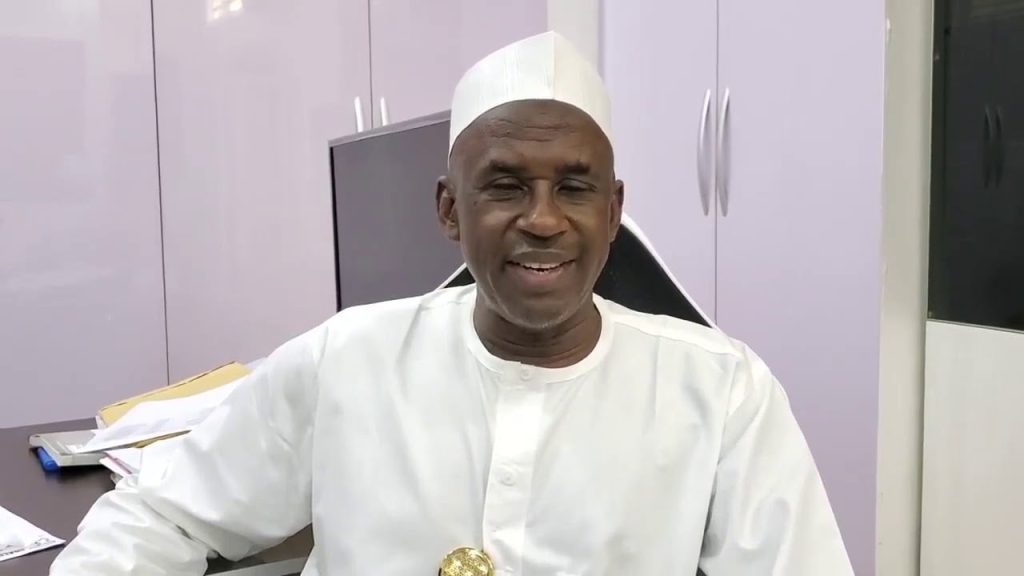As Nigeria’s 2027 general elections draw closer, political strategizing has begun to take shape, with prominent activist Mahdi Shehu outlining potential alliances that could define the race. In a detailed social media post on X (formerly Twitter) on Sunday, the whistleblower listed high-profile pairings across major parties, signaling a brewing contest marked by shifting loyalties and tactical coalitions.
For the ruling All Progressives Congress (APC), Shehu suggested President Bola Tinubu may retain Vice President Kashim Shettima as his running mate. However, alternative pairings could feature influential figures such as former Borno Governor Modu Ali Sheriff, former House Speaker Yakubu Dogara, or Matthew Hassan Kukah, a Catholic bishop known for his advocacy on governance issues. This flexibility underscores internal strategies to balance regional, religious, and political interests.
Opposition parties appear equally dynamic. The African Democratic Congress (ADC) might see a partnership between former Vice President Atiku Abubakar and ex-Transportation Minister Rotimi Amaechi, both veterans of the People’s Democratic Party (PDP) now exploring new platforms. The Labour Party (LP), which surged in popularity during the 2023 polls, could pair its 2023 presidential candidate Peter Obi with former Sokoto Governor Aminu Tambuwal, ex-Kaduna Governor Nasir El-Rufai, or his previous running mate Yusuf Datti Baba-Ahmed. These potential alliances aim to consolidate voter bases in Nigeria’s north and south.
Within the PDP, Shehu foresees former President Goodluck Jonathan reentering politics alongside Bauchi Governor Bala Mohammed or former Kano Governor Rabiu Kwankwaso. Other speculated tickets include Oyo Governor Seyi Makinde teaming up with Mohammed or Federal Capital Territory Minister Nyesom Wike joining forces with Kwankwaso. Such pairings highlight efforts to reconcile factional divides and revive the party’s national appeal.
Shehu cautioned that these coalitions may involve contentious negotiations, warning metaphorically that “the devil will be an interested party” in backroom dealings. He predicted a fiercely competitive electoral landscape, urging citizens to secure voter cards and remain vigilant against manipulation. His remarks reflect broader concerns about transparency in Nigeria’s politics, where alliances often prioritize power over ideology.
With three years until the polls, Shehu’s analysis offers an early glimpse into the complex maneuvering ahead. As parties jostle for advantage, the stakes extend beyond individual candidacies to the credibility of Nigeria’s democratic processes. Observers note that voter mobilization and electoral integrity will be critical in a nation where political shifts have historically reshaped regional and national power dynamics.
